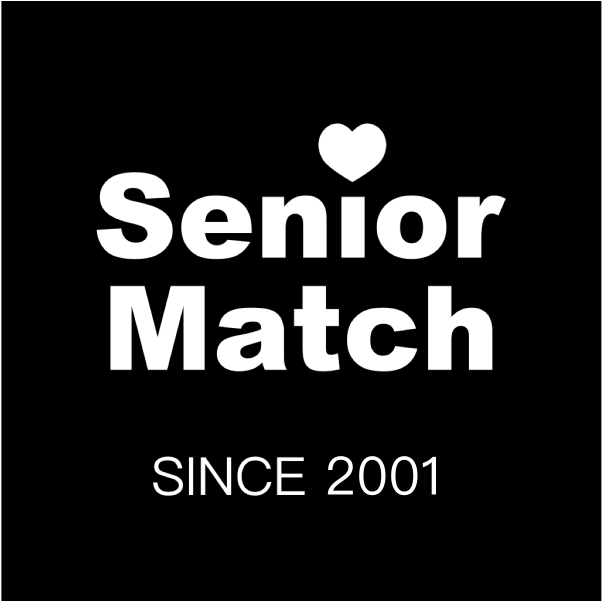by Josh Bernoff
Three speakers. First, danah boyd. "Digital handshakes on virtual receiving lines."
Politicans have treated the digital world as a broadcast medium. Politicians have focused on using the digital world to make money.
Candidates making profiles, asking to make friends. But what does friending mean? People collect friends. Friends are who the young peole watch, and who they want to be watched by. But the politicians are not paying attention to what they say.
For example, commenting. Underutilized features. Candidates not looking out to the pages of the people who have friended them.
Properties of mediated public spaces. 1. Persistence. Those statements you made remain. 2. Searchability. You can find everything. 3. Replicability. Can copy anything, make it seem like you created it. 4. Visibility. Creating a whole public life.
Good points, danah, but I don't know any policians smart enough to listen to what you just said.
Second Farouk Olu Aregbe. Started "one million strong for Barack" but does not work for Barack Obama.
Created a group on Facebook. Expanded to links to other content, setting up meetings, etc. Scale became a problem -- didn't want to become a PAC but decided to form subgroups. Raised $15,000 through the MyBarackObama site. Now challenge: how to take the masses of volunteers and channel all the energy.
My take: amazing what young person with energy can do in the social world. These types of folks are going to be powerful, suddenly.
Matt Stoller, "The Making of the Netroots." -- runs myDD.com. An unabashed liberal. "Crazy uncle" type candidates do best online, Howard Dean, even Ross Perot. Unlike a "broadcast" politician, they got people talking to each other. Second, appealed to the people who felt betrayed by the system.
Talked about the rise of moveon.org, starting in response to the Clinton impeachment activity. "civic partricipation is how we built our political process" -- that is, this popular movement is feeding the new liberal activity. He calls it "the open left." "As important as the growth of the new right" -- direct marketing which fueled the new right in the 70s and 80s.
"There is power here," says Stoller.
Stoller, as I see it, is issuing a challenge. Why is it that the liberals are using online organizing more effectively than conservatives? Show me a counterexample.
link to original post





